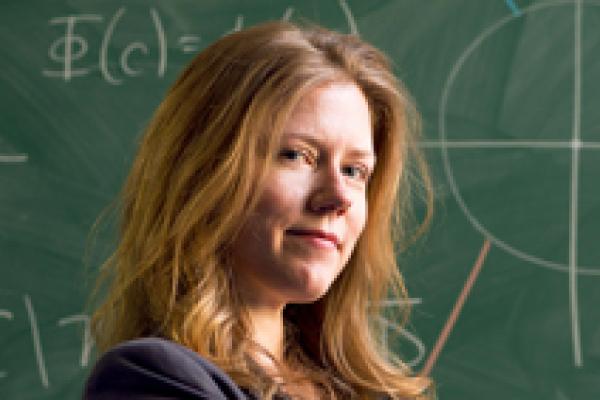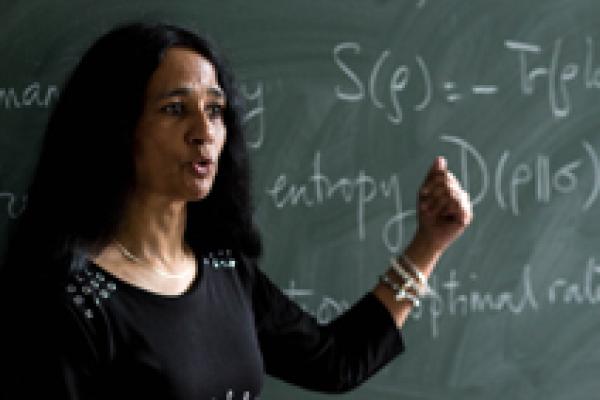Collection


Happy Ada Lovelace day 2022!
We celebrate this year's Ada Lovelace day with a selection of podcasts featuring some of the many women we have worked with over the years.





